
The Best Alum For Canning Peppers Easy Home Care
Canning and pickling: Alum is an ideal agent for pickling and canning, as it can help preserve the crispness of fruits and vegetables. You can dissolve alum in water using amounts specified in a recipe to soak any produce you wish to preserve. Alum powder can improve the texture of pickled vegetables and enhance the flavors.

Why adding Alum to your prepper kit will dramatically increase your
10-12 bay leaves, crumbled. In a medium pan, combine water and salt. Bring to a boil and heat until the salt is fully dissolved. Set aside and let the brine fully cool before using. Wash a wide.
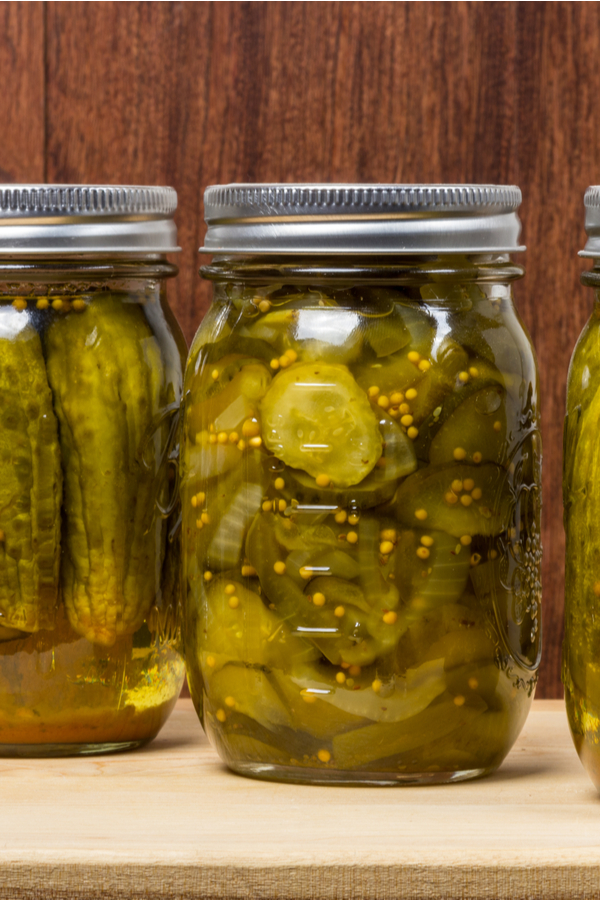
Crispy Dill Pickle Recipe The 7 Secrets To Keeping Them Crunchy
Use recommended ingredients—salt, 5% acidic vinegar, sugar, spices, water—in exact recipe proportions; there must be a sufficient level of acid to prevent the growth of botulinum bacteria. Processing Method. Pack pickles to allow sufficient room for the pickling solution to surround each piece. Process all pickles in a boiling water bath or.
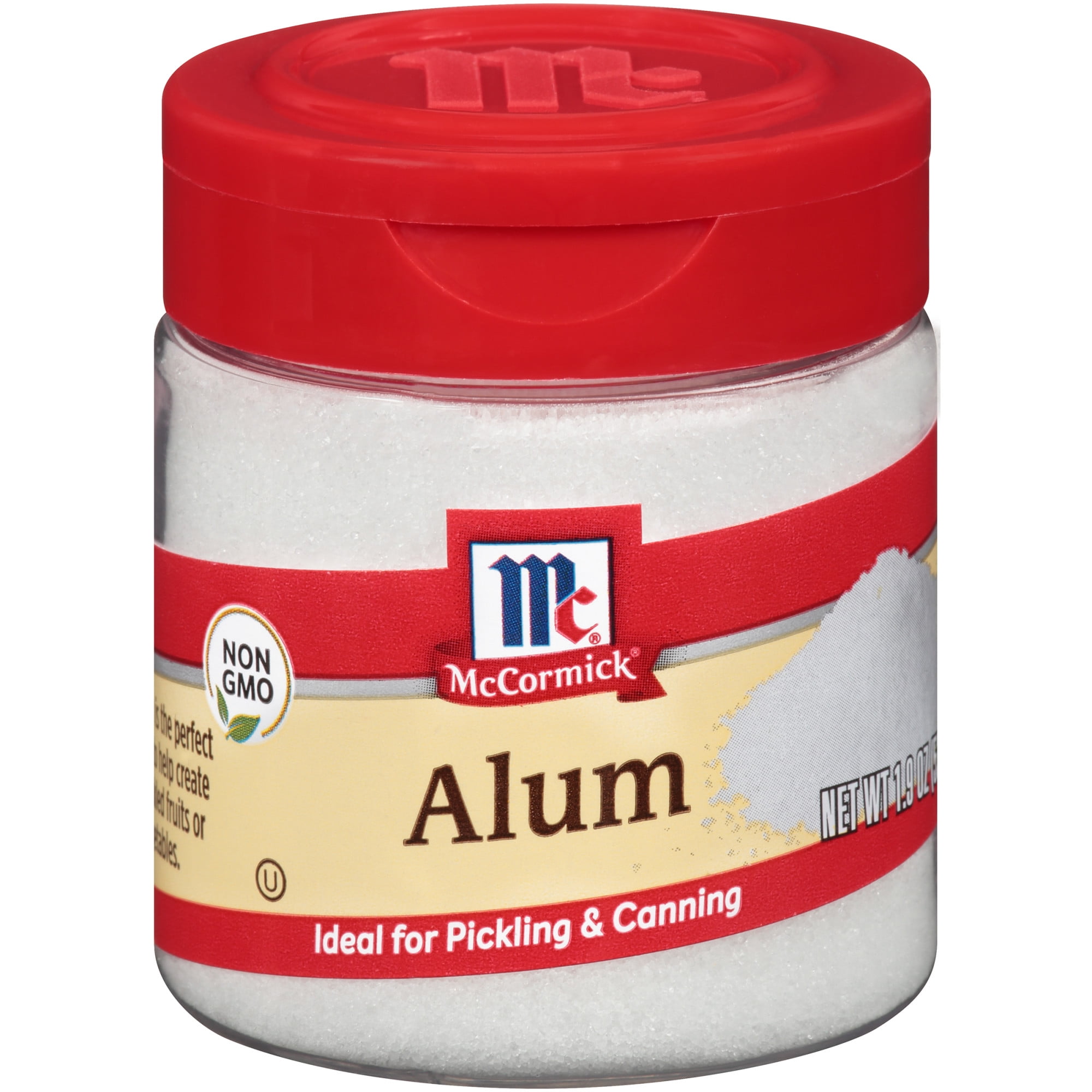
McCormick Alum, 1.9 oz
We created American Canning to help beverage makers share their craft in cans. Affordable pricing, low MOQs, online ordering & quick lead times. Blank aluminum cans, custom label cans, ends/lids, PakTech plastic handles, case trays; rotary in-feed machine, can handle applicator; Wild Goose upgrades; mobile canning.

CTS Turbo MK7 Golf R / 8V S3 Catch Can Kit
Day 9. Drain cucumbers. Slice cucumbers about 1/4-1/2″ thick, depending on your preference, and place in a colander to continue draining. Layer cucumbers in a large casserole dish, alternating layers of cucumbers and sugar. Allow the cucumbers to soak in the sugar syrup for at least 24 hours before canning or enjoying.
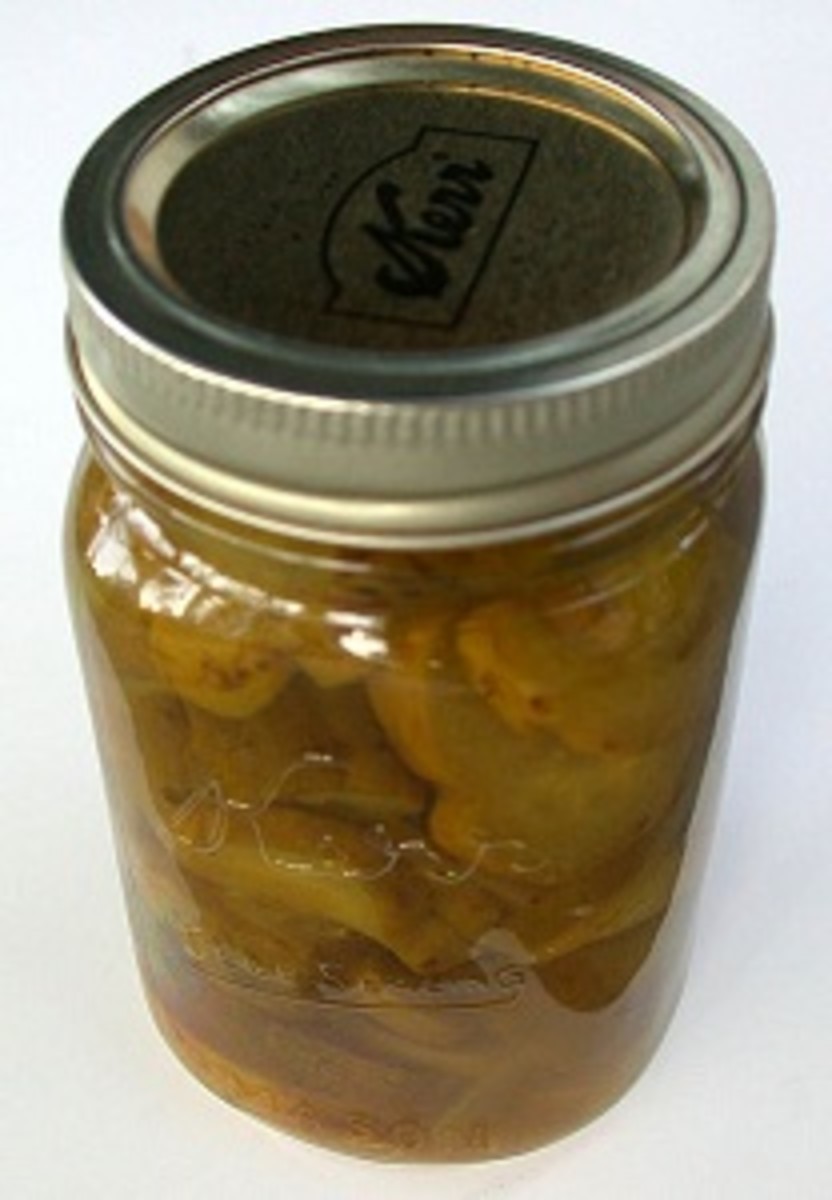
Is Using Alum in Home Canning Recipes Safe? HubPages
Alum is a chemical compound most commonly found in the form of potassium aluminum sulfate. Alum is added to pickles to create the classic crispness and crunch of a good dill pickle. The use of alum for pickling is less common now because, while approved as a food additive, it has been deemed unnecessary in the pickling process.

RHOA Alum Phaedra Parks May Be Making An Unexpected Bravo Return
How to Choose the Best Alum for Canning. When it comes to choosing the best alum for canning, there are a few factors to consider. Here are some tips to help you make the right choice: 1. Look for food-grade alum. When buying alum for canning, make sure to choose a product that is labeled as food-grade.

The canning lid conundrum Root Simple
Try soaking them for at least 30 minutes before canning them. 4. Cut off the blossom end of cucumber. The blossom-end of a cucumber is said to contain enzymes which can cause mushy pickles. Cutting it off is your best bet. Try cutting off at least 1/16 inch off the blossom end for crisp pickles. The blossom end is the opposite end of the pickle.

Dill Pickle Recipe for Canning (Old Fashioned Dill Pickle Recipe
Simply add a small amount of alum to your pickling solution. The amount of alum you need will depend on the size of your recipe. As a general rule, use about 1/8 teaspoon of alum for every pint of pickles. You can add the alum directly to the pickling solution, or you can dissolve it in water first and then add it to the solution.
Science of Beauty Sundays 1 Alum! Historic Beauty
Drain cucumbers and pack in jars. Add Mustard seed, 1-2 tsp. per pint Add Dill ,1 to 1 1/2 heads per pint or 1 to 1 1/2 tsp. seed per pint Add Garlic 1 clove per jar (optional) Fill jars with brine, leaving 1/2" headspace. Remove air bubbles, wipe rim clean, and place on seal and ring. Place the jar in the warm canner.

Best Canning Jars Oven Proof Home Gadgets
McCormick bottles are getting a NEW LOOK to bring you long-lasting fresh flavor! Learn more below. Alum (potassium aluminum sulfate) is a food additive that is ideal for pickling and canning. It helps create crisp pickled fruits or vegetables.
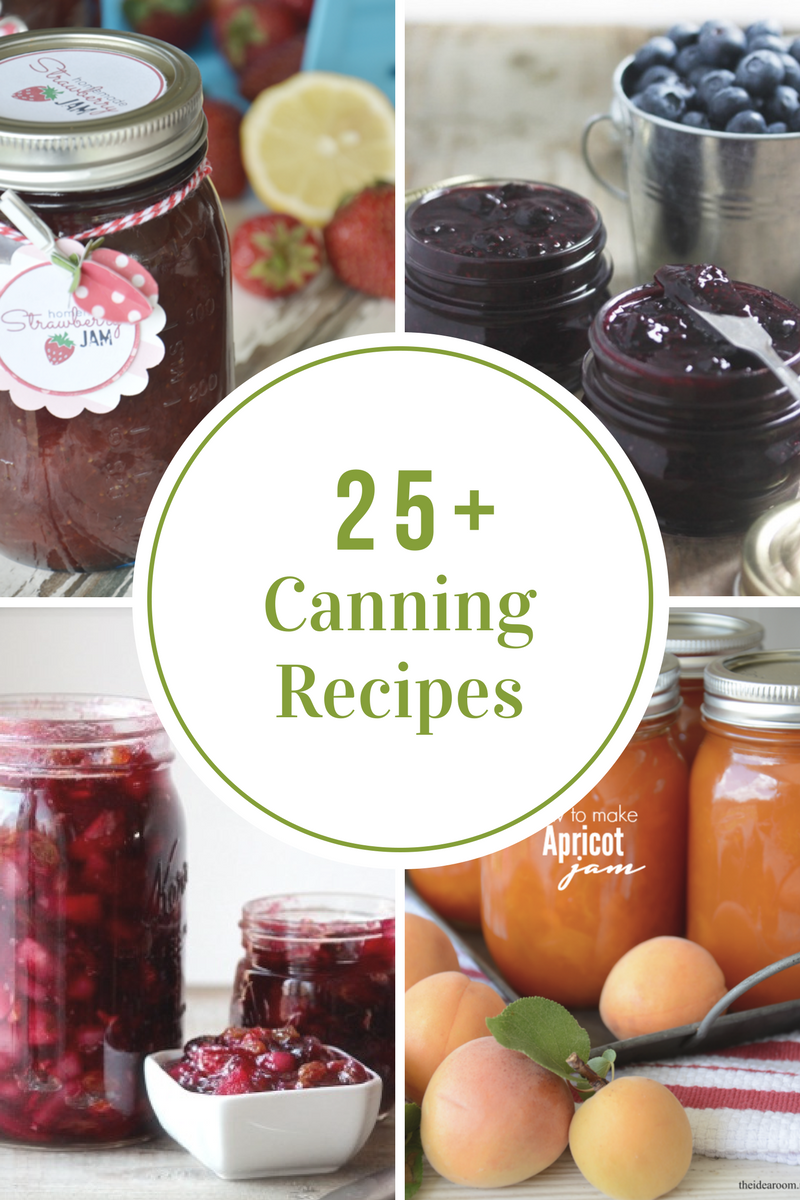
Canning Recipes The Idea Room
Food safety experts say alum for pickling is safe, but ingestion of a single ounce (28.34 grams) can be deadly for an adult. Alum for pickling can be discarded if the methods used are more modern and the vegetables and fruit called for in the recipes are fresh. If alum is employed, it should be thoroughly rinsed from the final liquid and product.
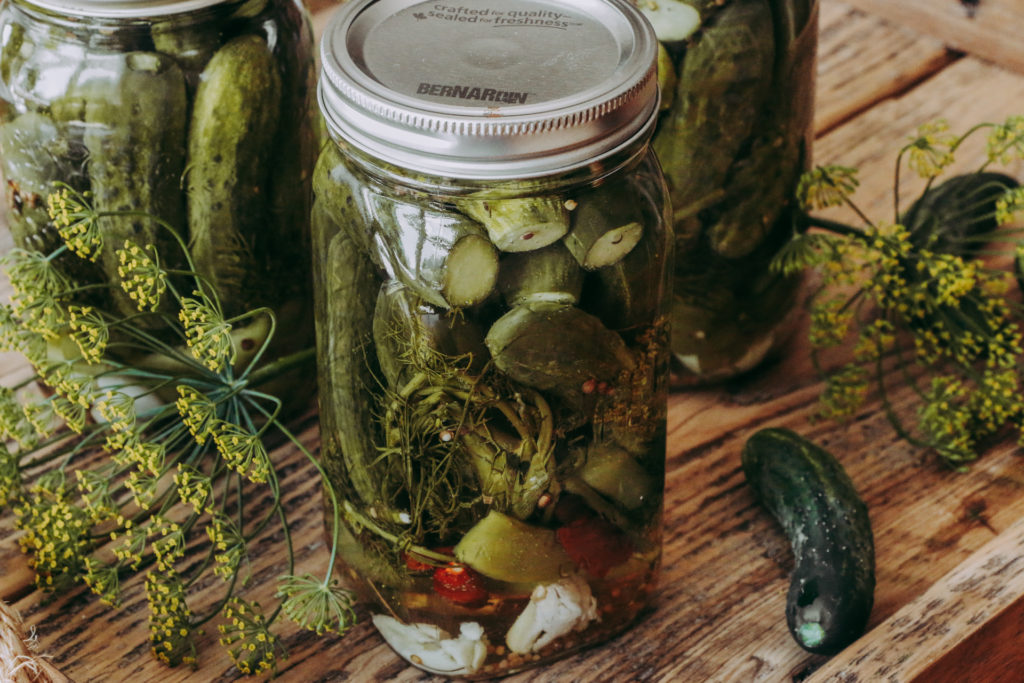
Easy Homemade Pickles The Best Alum for Canning
Avoid inhaling the alum powder-water mixture (or limewater solution) while mixing. Soak cucumbers in lime water for 12 hours to 24 hours. You must remove the excess lime absorbed by the cucumbers to make safe pickles. Remove cucumbers from lime solution, rinse and soak for one hour in fresh cold water. Repeat the rinsing and soaking steps in.

How To Get Started With Canning Foods Canning 101 Moms Need To Know
Pack cucumbers extremely tightly into canning jars. Wide mouth jars are easier to pack. Add hot pepper, alum, dill, garlic to the jars. Ladle pickling solution into jars leaving 1/4 inch head space. Wipe off mouth of jars. Tighten lids on jars. Place jars in water bath canner and boil for 10 minutes.

Canning, Home Canning, Conservation
Alum - helps with the crisp, crunch at first bite; Water - for the brine; Canning salt - helps cure the pickles and prevent canning related illnesses that an result from improper canning techniques. Home canning tools: Canning crock is necessary for sealing your jars. This one holds 7 1-quart jars, and the bottom gets heated evenly throughout.
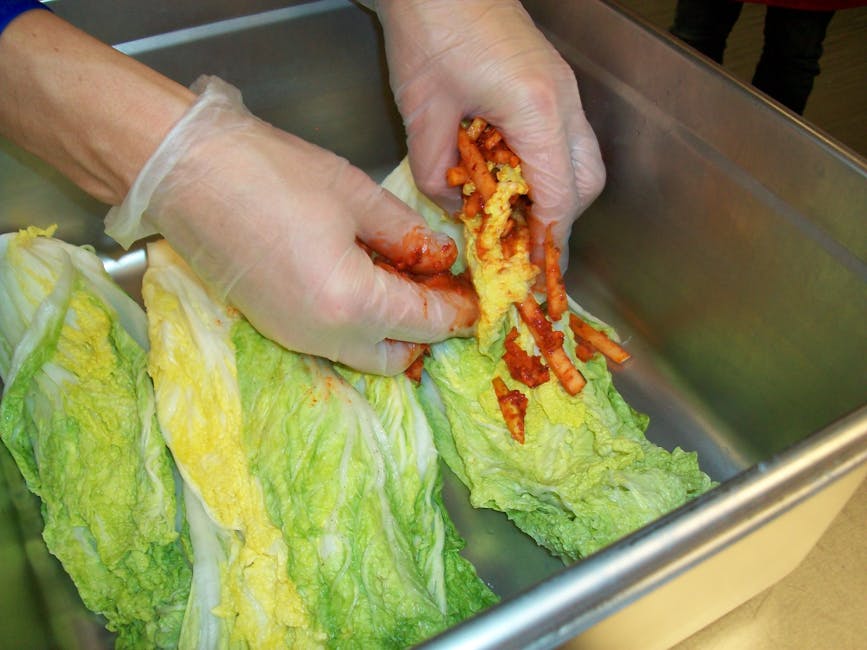
Free stock photo of canning jars, cucumbers, dill
Heat jars in simmering water until ready for use. (Do not boil.) Wash lids in warm soapy water and set bands aside. Pack cucumber slices into hot, sterilized quart jars. Using a canning funnel, ladle the hot pickling liquid over slices to cover, leaving ½-inch head space. Remove air bubbles and wipe the rim.